Things to do in Bristol
Knowledge Train Bristol,
7 Unity Street,
Bristol BS1 5HH,
England,
United Kingdom.
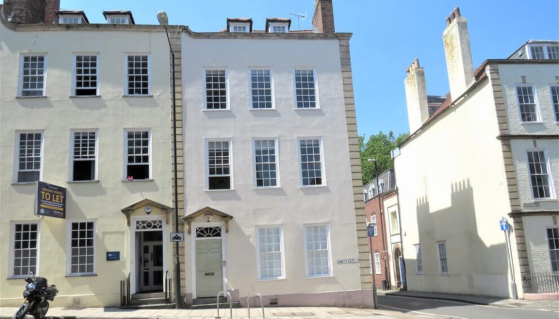
Knowledge Train Bristol,
7 Unity Street,
Bristol BS1 5HH,
England,
United Kingdom.
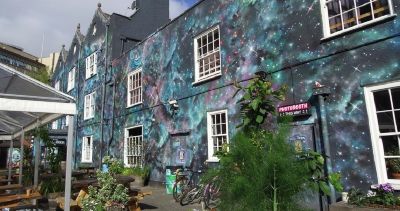
Double Barrel Bar10 St Nicholas Street, Bristol BS1 1UQ, England, United Kingdom. Phone: 07872 354375 |
Revolution Bristol59-63 Baldwin Street, St. Nicholas Street, Bristol BS1 1QZ, England, United Kingdom. Phone: 0117 930 4335 |
The Bootlegger233A Cheltenham Road, Redland, Bristol BS6 5QP, England, United Kingdom. Phone: 0117 942 2700 |
Filthy XIII208 Cheltenham Road, Cotham, Bristol BS6 5QU, England, United Kingdom. Phone: 07857 006542 |
Brozen Bar – Bristol43 St Nicholas Street, Bristol BS1 1TP, England, United Kingdom. Phone: 0117 403 4075 |
The BoardroomMarket Chambers, 20 St Nicholas Street, Bristol BS1 1UB, England, United Kingdom. Phone: 0117 925 4617 |
Bar Humbug89 Whiteladies Road, Redland, Bristol BS8 2NT, England, United Kingdom. Phone: 0117 904 0061 |
Another 260 above-ground railways stations help ferry passengers around the city. Most rail lines terminate in the centre of London at train stations such as Waterloo, which sees more than 184 million visitors each year, and Clapham Junction which has the highest train traffic of any station in Europe.
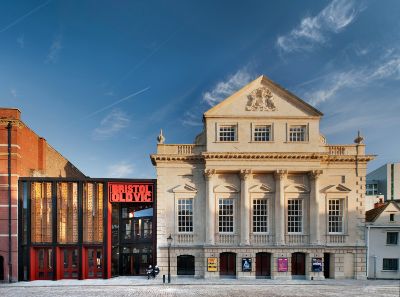
The Bristol Hippodrome is a 1,951-seat theatre used for national touring productions.
Other smaller theatres include the Tobacco Factory, QEH, the Redgrave Theatre at Clifton College and the Alma Tavern.
The city has many venues for live music, the largest begin Bristol Beacon.
Others include the Bristol Academy, The Fleece, the Victoria Rooms, Trinity Centre, St George’s Bristol and several pubs. In 2010 Bristol was called the United Kingdom’s most musical city based on the number of bands relative to the city’s population.
The Downs Festival is an annual festival where several well-known bands play. Since its creation in 2016, it has become a major event in the city.
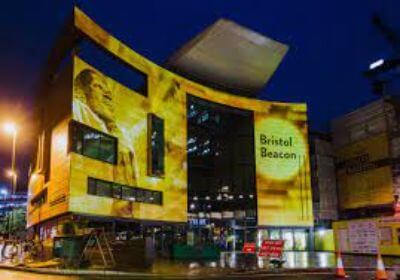
The Bristol Museum and Art Gallery has a large collection of natural history, archaeology, local and art.
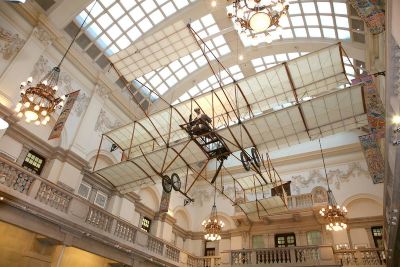
The M Shed museum opened in 2011 on the site of the former Bristol Industrial Museum.
Bristol Culture and Creative Industries runs three historic houses—the Tudor Red Lodge, the Georgian House, and Bristol Archives.
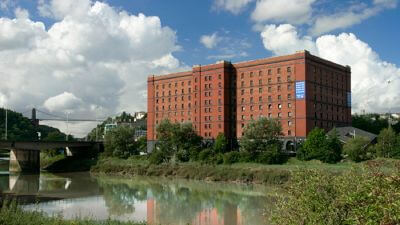
The Red Lodge MuseumPark Row, Bristol BS1 5LJ, England, United Kingdom. Phone: 0117 921 1360 |
The Wardrobe Theatre25 West Street, Bristol BS2 0DF, England, United Kingdom. Phone: 0117 902 0344 |
The Georgian House Museum7 Great George Street, Bristol BS1 5RR, England, United Kingdom. Phone: 0117 921 1362 |
Tobacco Factory TheatresThe Tobacco Factory, Raleigh Road, Southville, Bristol BS3 1TF, England, United Kingdom. Phone: 0117 902 0344 |
Palestine Museum & Cultural Centre27 Broad Street, Bristol BS1 2HG, England, United Kingdom. Phone: 0117 912 3123 |
The Bristol Improv Theatre50 St Paul’s Road, Clifton, Bristol BS8 1LP, England, United Kingdom. Phone: 07936 617158 |
University of Bristol Theatre Collection21 Park Row, Bristol BS1 5LT, England, United Kingdom. Phone: 0117 331 5086 |
Bristol HippodromeSt Augustine’s Parade, Bristol BS1 4UZ, England, United Kingdom. Phone: 0333 009 6690 |
Wickham TheatreBristol BS1 5NB, England, United Kingdom. Phone: 0117 331 5084 |
Bristol has 51 Grade I listed buildings. Buildings from most architectural periods of the United Kingdom can be seen in the city. Surviving elements of the fortifications and castle date to the medieval period, and the Church of St James dates back to the 12th century.
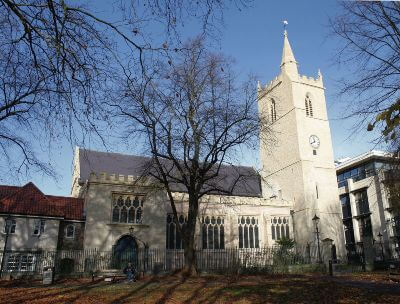
The oldest Grade I listed building in Bristol is St James’ Priory, built in 1129.
Among the other churches is the 12th-century St Mary Redcliffe, the tallest building in Bristol.
Other notable buildings include The Red Lodge – built in 1580, St Bartholomew’s Hospital and St Nicholas’s Almshouses built in 1652 to provide care for the poor.
Several pubs were also built in this period, including the Llandoger Trow on King Street and the Hatchet Inn.
The 18th-century Kings Weston House, in northern Bristol, was designed by John Vanbrugh and is the only Vanbrugh building in any UK city outside London.
During World War II, the city centre was heavily bombed during the Bristol Blitz, resulting in the destruction of many historic buildings in and around the city centre.
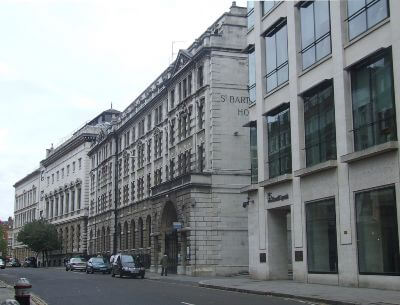
From the 13th to the 18th century, Bristol was among the most affluent English cities. However, it was surpassed by the rapid rise of Birmingham, Manchester and Liverpool during the Industrial Revolution.
Bristol was a starting place for early voyages of exploration to the New World. At the height of the Bristol slave trade, more than 2,000 slave ships carried an estimated 500,000 people from Africa to slavery in the Americas. The Port of Bristol has since moved from Bristol Harbour in the city centre to the Severn Estuary at Avonmouth and Royal Portbury Dock.
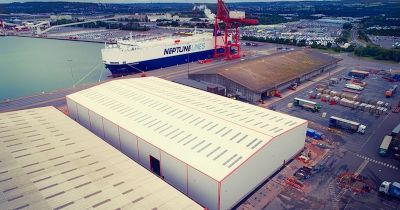
Bristol’s modern economy is built on the creative media, electronics, and aerospace industries, and the many docks have been redeveloped as centres of heritage and culture.
The city has two universities, the University of Bristol and the University of the West of England. Bristol has a college, the City of Bristol College and two theological colleges – Trinity College, and Bristol Baptist College.
Bristol has England’s second-highest number of independent schools including Clifton College, Clifton High School, Badminton School, Bristol Grammar School, Queen Elizabeth’s Hospital and the Redmaids School.
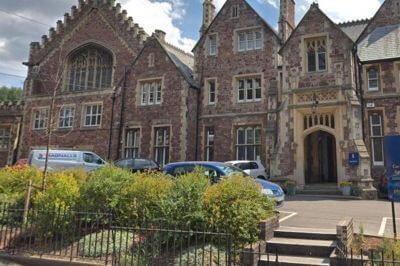
Bristol also has a variety of artistic and sporting organisations and venues including the Royal West of England Academy, the Arnolfini, Spike Island, Ashton Gate and the Memorial Stadium.
The city has the largest circulating community currency in the United Kingdom, the Bristol pound. It is a form of local currency launched in Bristol to encourage people to spend their money with local, independent businesses in Bristol, It is the largest alternative in the United Kingdom to official sterling currency, and is backed by sterling.